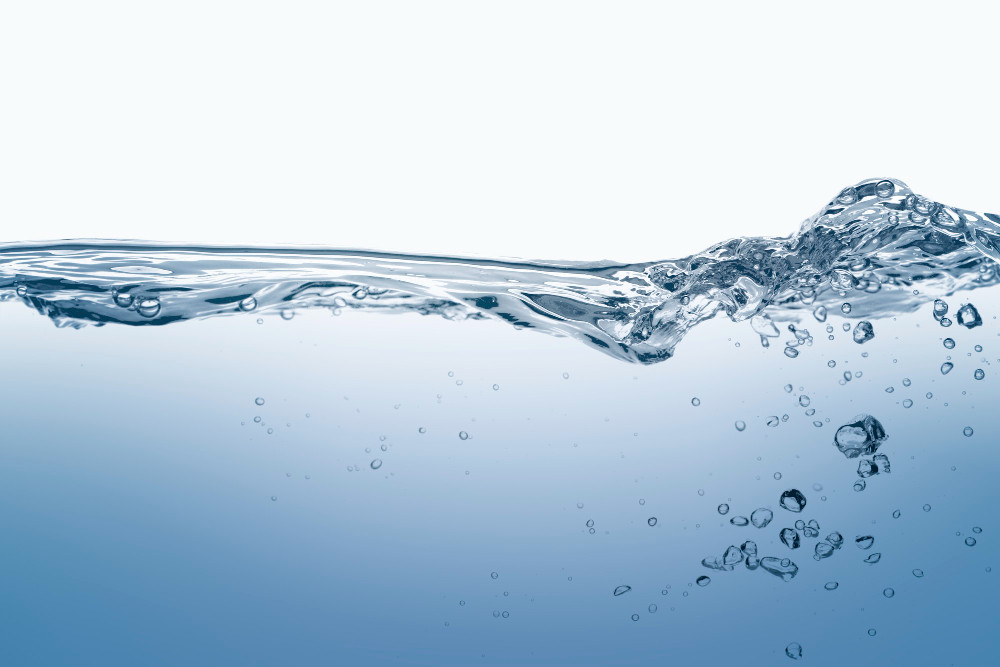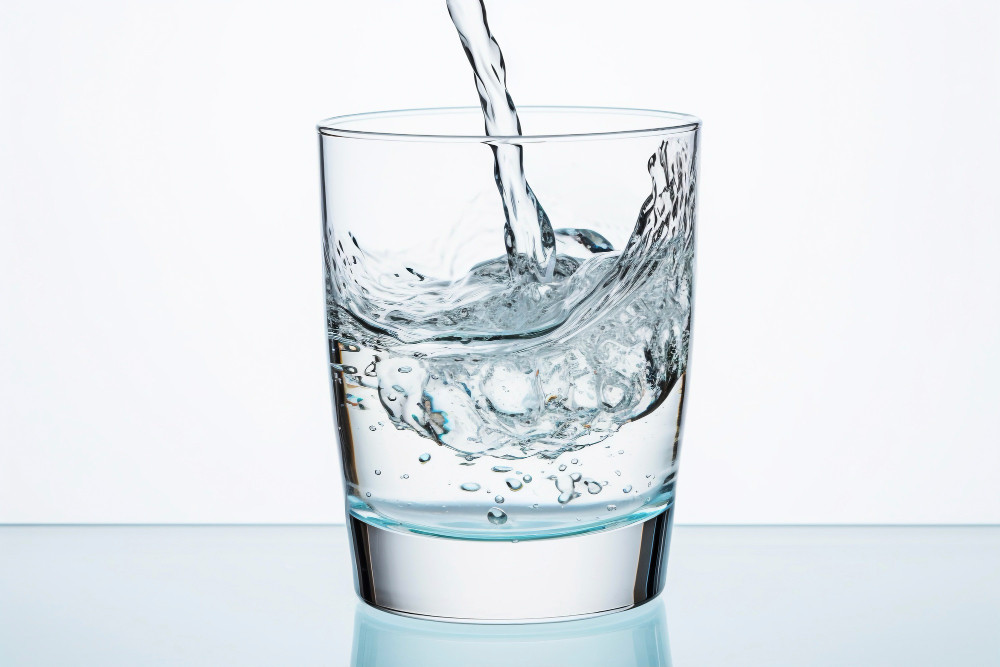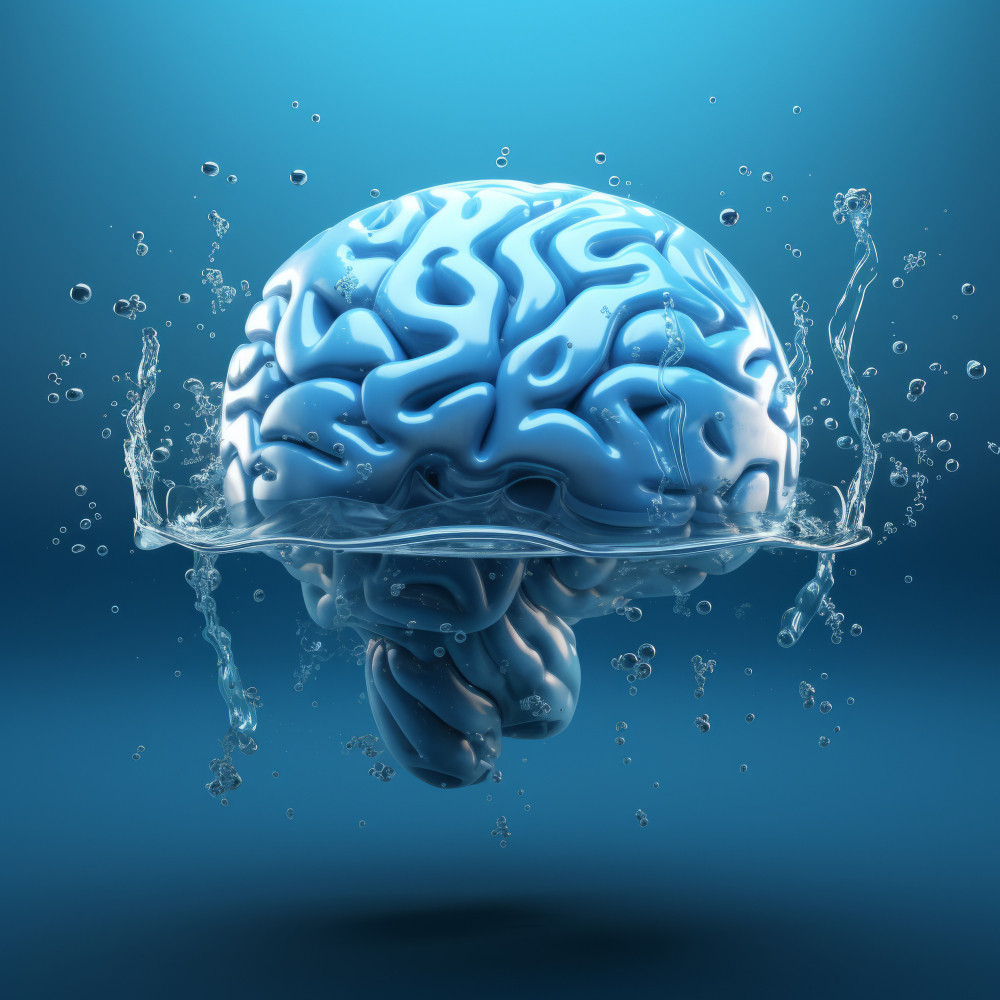6 Disadvantages of Drinking Too Much Water

© rawpixel.com / Freepik
Can the disadvantages of drinking too much water lead to serious health risks?
Water is essential for life, and we are constantly reminded to stay hydrated. But did you know that drinking too much water can actually be harmful?
While dehydration gets a lot of attention, overhydration is rarely discussed. It may sound strange, but excessive water intake can lead to serious health problems, including a dangerous condition known as water intoxication.
In this article, we’ll explore the disadvantages of drinking too much water and why balance is key.
How Much Water is Too Much?

We often hear the advice to drink eight glasses of water a day, but hydration needs vary from person to person.
Factors like age, weight, activity level, and climate affect how much water your body requires. Generally, the kidneys can process about 800–1,000 milliliters of water per hour.
Consuming more than this can overwhelm the kidneys, leading to water retention and potential health issues, including water intoxication.
The Risks of Overhydration
1. Water Intoxication: A Dangerous Condition

One of the most severe consequences of drinking too much water is water intoxication, also known as water poisoning or overhydration.
This occurs when excessive water consumption dilutes the sodium levels in your blood, leading to a condition called hyponatremia.
Sodium plays a crucial role in maintaining fluid balance in and around your cells. When sodium levels drop too low, cells begin to swell—including those in the brain.
This can result in headaches, confusion, nausea, vomiting, seizures, and, in extreme cases, coma or death.
Water intoxication is rare but can happen if a person drinks an excessive amount of water in a short period, especially without replenishing electrolytes.
This condition is sometimes seen in endurance athletes, people participating in water-drinking contests, or individuals who mistakenly believe they need to drink large amounts of water for health reasons.
2. Electrolyte Imbalance

Drinking too much water dilutes not only sodium but other essential electrolytes like potassium and magnesium.
These minerals are necessary for nerve function, muscle contractions, and maintaining a healthy heart rhythm.
When electrolyte levels drop too low, you may experience weakness, muscle cramps, dizziness, and heart problems.
3. Kidney Strain
Your kidneys filter excess water and maintain the body’s fluid balance.
However, drinking excessive amounts of water forces your kidneys to work harder, potentially leading to kidney stress or decreased kidney function over time.
4. Swelling in the Brain

As mentioned earlier, water intoxication can cause brain cells to swell due to low sodium levels.
Since the skull limits brain expansion, this leads to increased pressure, causing symptoms such as severe headaches, confusion, drowsiness, and in extreme cases, seizures or coma.
5. Frequent Urination and Sleep Disruption
Excessive water intake leads to constant urination, which can disrupt your sleep if you wake up multiple times during the night to use the bathroom.
This may result in fatigue and reduced concentration the next day.
6. Digestive Discomfort

Too much water can dilute stomach acids, affecting digestion and causing bloating, nausea, and stomach pain.
It can also flush out essential nutrients before your body has time to absorb them properly.
Finding the Right Balance
Staying hydrated is important, but more water does not always mean better health. Instead of forcing yourself to drink a set amount, listen to your body’s natural thirst signals.
Drinking water when you’re thirsty and maintaining a balanced diet with water-rich foods can help you stay hydrated without the risks of overconsumption.
Understanding the disadvantages of drinking too much water can help you make informed choices about hydration.
The key is balance—drink enough water to stay hydrated, but avoid excessive intake that could harm your health.
You might also want to read: Can Drinking Too Much Water Turn Fatal?


